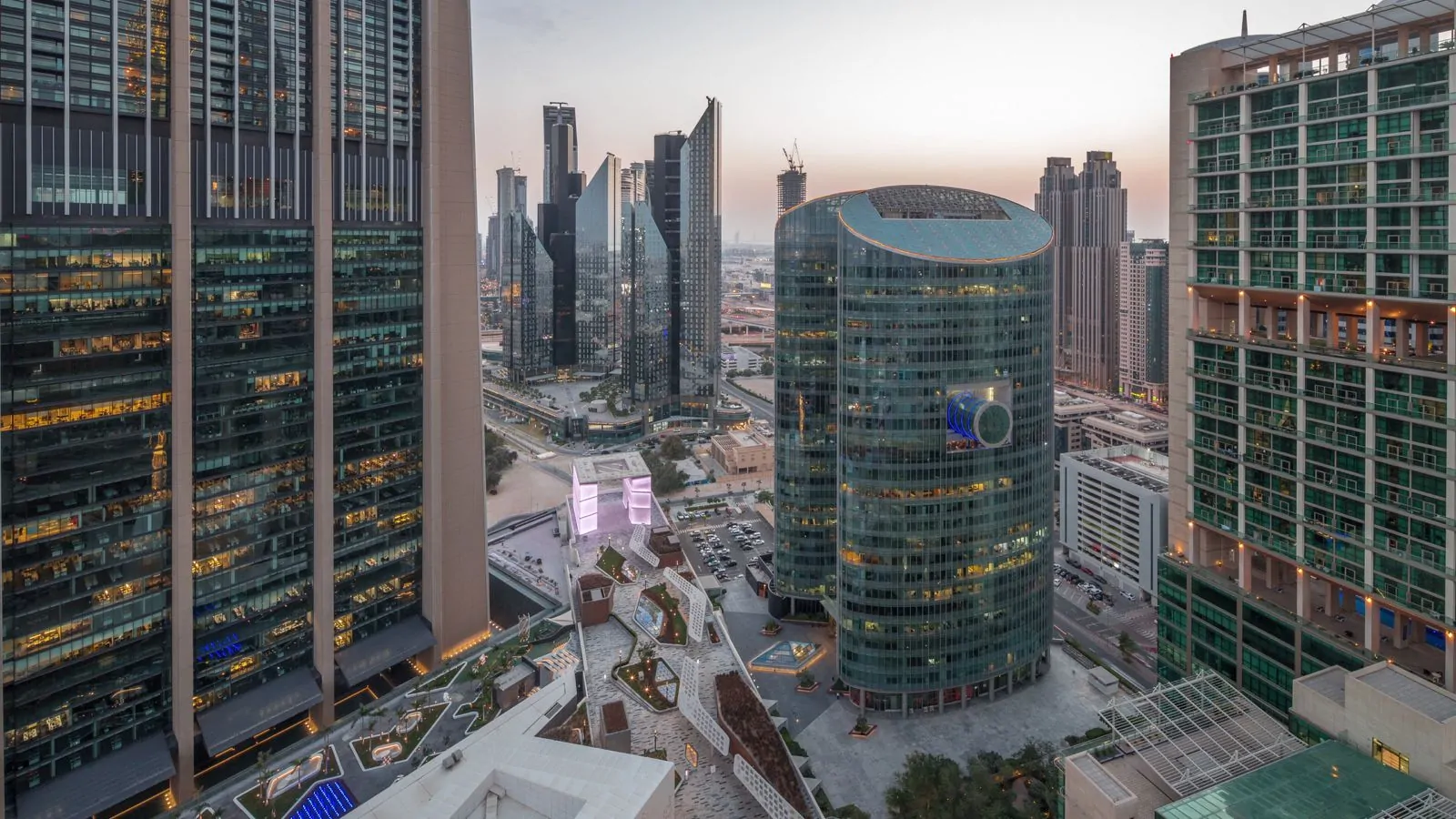info@rubertpartners.com |
+971 4 238 0965 |
API World Tower - Ground Floor, Dubai
Creek Tower Office 10B Deira, Dubai
Introduction
The Dubai International Financial Centre (DIFC) has established itself as one of the world’s leading financial hubs. Since its creation in 2004, it has attracted global institutions, multinational companies, and entrepreneurial ventures seeking a secure and internationally recognised jurisdiction. At the heart of the DIFC’s appeal lies its unique legal and regulatory environment: an independent common law framework, English-language courts, and a business ecosystem designed to foster international commerce. For investors, family businesses, and professionals considering a presence in Dubai, incorporating a company in the DIFC offers both credibility and strategic advantages.
Types of Companies in the DIFC
The DIFC offers several forms of legal entities tailored to different business needs. The most common structure is the private company limited by shares, often chosen by entrepreneurs and investment vehicles due to its limited liability and flexible governance. Larger corporations seeking access to public markets may opt for a public company limited by shares, subject to enhanced regulatory oversight.
Foreign investors wishing to maintain continuity with existing operations may establish a recognised company, effectively a branch of a foreign or UAE entity operating within the DIFC. For specialised transactions, securitisations, or asset-holding structures, the special purpose company (SPC) is widely used. In addition, the DIFC framework includes foundations and recognises trusts, frequently combined with companies for private wealth management, succession planning, and cross-border asset protection.
Why Incorporate in the DIFC?
The DIFC offers several compelling advantages. Investors benefit from 100% foreign ownership without the need for a local partner and from an independent legal system based on English common law. This environment is particularly attractive to businesses and individuals familiar with common law jurisdictions.
Tax considerations have also contributed to the DIFC’s appeal. While DIFC companies historically operated in a zero-tax environment, the introduction of the UAE’s federal corporate tax regime in 2023 means that most DIFC entities are now subject to a 9% rate. Nevertheless, strategic structuring opportunities may be available to manage tax exposure. The DIFC’s status as a recognised financial jurisdiction also enhances credibility with banks, regulators, and international counterparties.
DIFC Companies Compared with Mainland and Other Free Zones
Unlike mainland Dubai companies or those established in other free zones, DIFC entities operate under their own legislative framework, primarily the DIFC Companies Law No. 5 of 2018. This provides a high degree of legal independence but also imposes certain limitations, such as restrictions on freely trading within the wider UAE without additional licences. DIFC companies are therefore typically focused on cross-border business, financial services, asset holding, and professional services.
Regulatory oversight within the DIFC is more stringent than in most other free zones. Regulated activities, including banking, asset management, and insurance, fall under the supervision of the Dubai Financial Services Authority (DFSA), an independent regulator aligned with international standards. Although setup and maintenance costs are higher, this level of regulation is often viewed as a key advantage by businesses prioritising governance and international reputation.
Regulation and Compliance
All DIFC companies are supervised by the Registrar of Companies (RoC), which oversees incorporation, filings, and ongoing compliance. Entities must maintain proper accounting records, submit annual returns, and, in most cases, undergo statutory audits. Beneficial ownership disclosure and strict anti-money laundering obligations also apply.
While these requirements impose ongoing compliance responsibilities, they also reinforce the DIFC’s standing as a transparent and accountable jurisdiction with strong international credibility.
Common Uses of DIFC Companies
DIFC companies are used across a broad range of sectors. Financial institutions commonly establish regional headquarters for banking, asset management, and insurance operations. Increasingly, family offices select the DIFC as a base for wealth management and succession planning, often in conjunction with DIFC foundations. Holding and investment companies are also widely established to take advantage of cross-border structuring benefits.
Beyond traditional finance, the DIFC hosts a growing number of professional service firms, including law firms and consultancies, as well as an expanding innovation hub attracting FinTech and start-up businesses. This combination creates one of the most dynamic business ecosystems in the region.
The Dispute Resolution Advantage
A key strength of the DIFC lies in its dispute resolution framework. The DIFC Courts, operating in English and applying common law principles, are internationally respected for their independence and efficiency. Their judgments are enforceable within Dubai and, through reciprocal arrangements, in other jurisdictions.
In parallel, the DIFC’s arbitration regime provides an internationally recognised forum for resolving disputes, offering businesses a reliable alternative to litigation in unfamiliar legal systems.
Practical Considerations
DIFC incorporation involves higher establishment and ongoing costs than most other UAE free zones, reflecting registration fees, audit requirements, and compliance obligations. Companies are also expected to demonstrate sufficient economic substance, with genuine presence and activity in line with international tax standards.
Selecting the appropriate structure requires careful analysis. A family office may benefit from combining a company with a foundation, while financial services providers must consider DFSA licensing requirements. Professional advice is often essential to ensure alignment with commercial objectives and regulatory expectations.
Conclusion
Incorporating a company in the DIFC remains one of the most effective ways to establish a credible, internationally recognised presence in Dubai. Although more costly and regulated than other options, the DIFC offers exceptional legal certainty, a strong reputation, and world-class infrastructure. For financial institutions, family offices, and professional service providers, DIFC companies represent a premium choice for long-term security and international reach.
***
We hope this publication is helpful and remain available for any questions of general application.
For further resources, explore our publications on doing business in Dubai and the UAE, our video guides, or browse all our publications and video insights by Maria Rubert.
The information on this page is general in nature and does not constitute legal advice. This article provides an introductory overview of company set-up considerations in the UAE.





